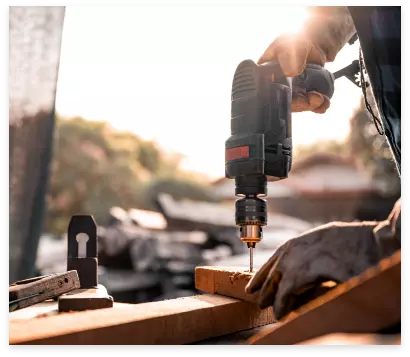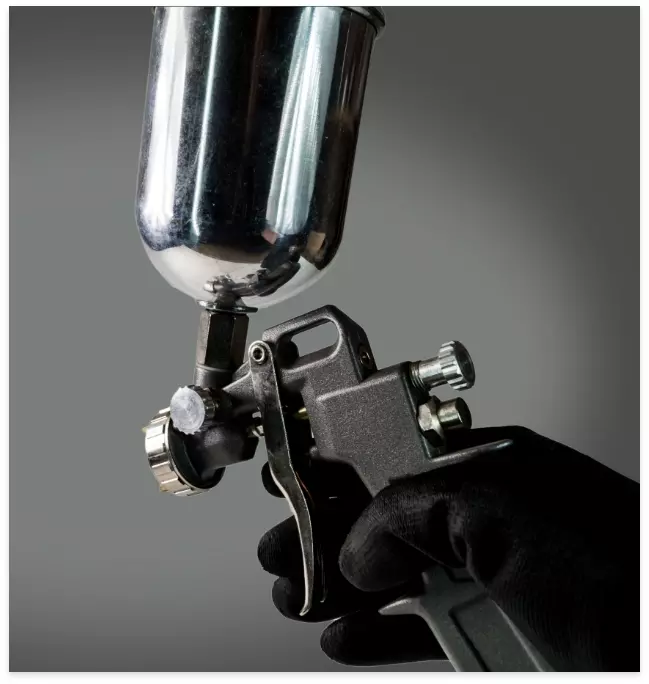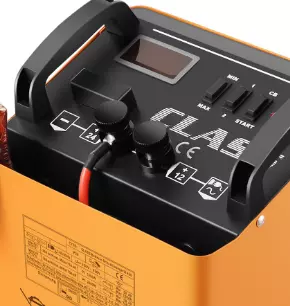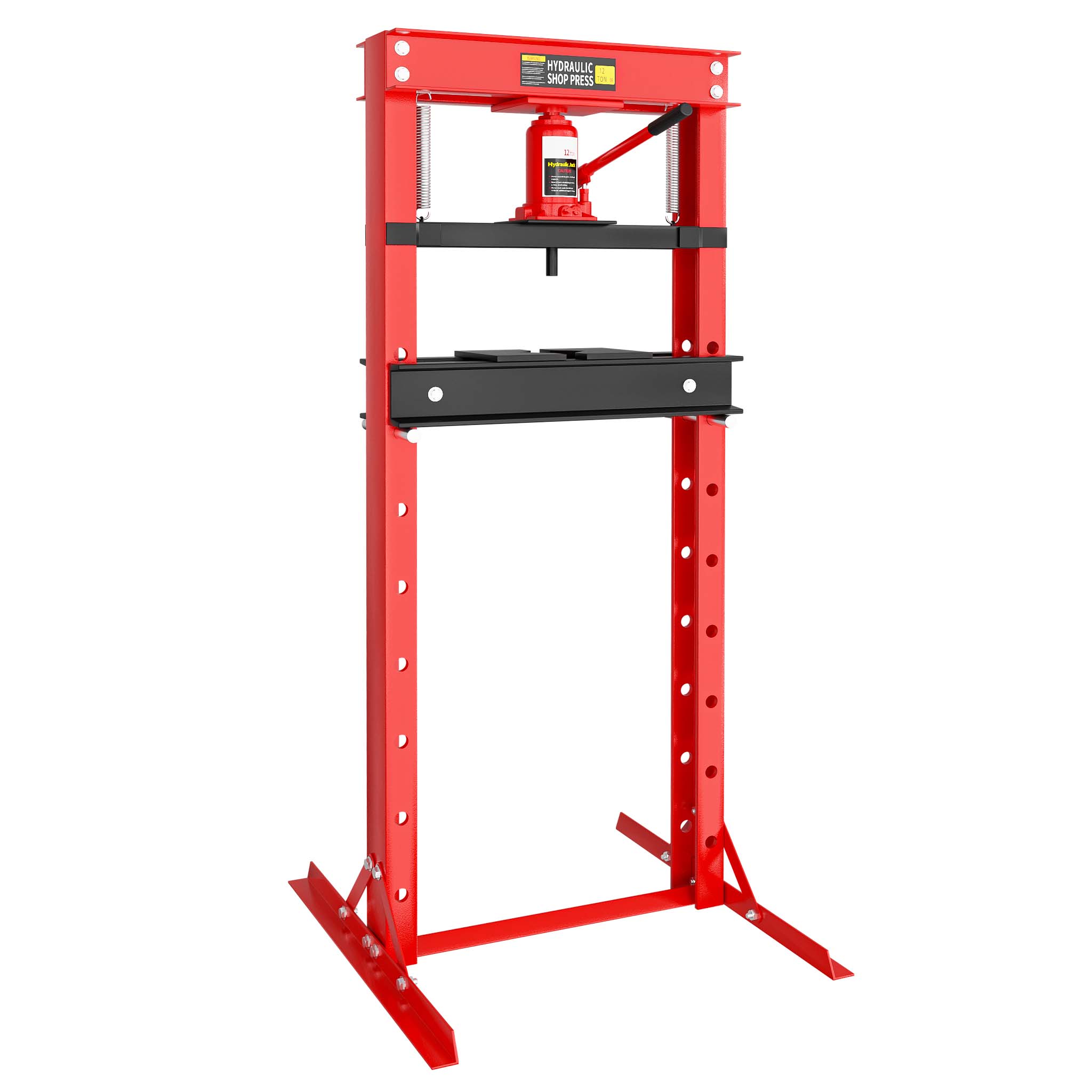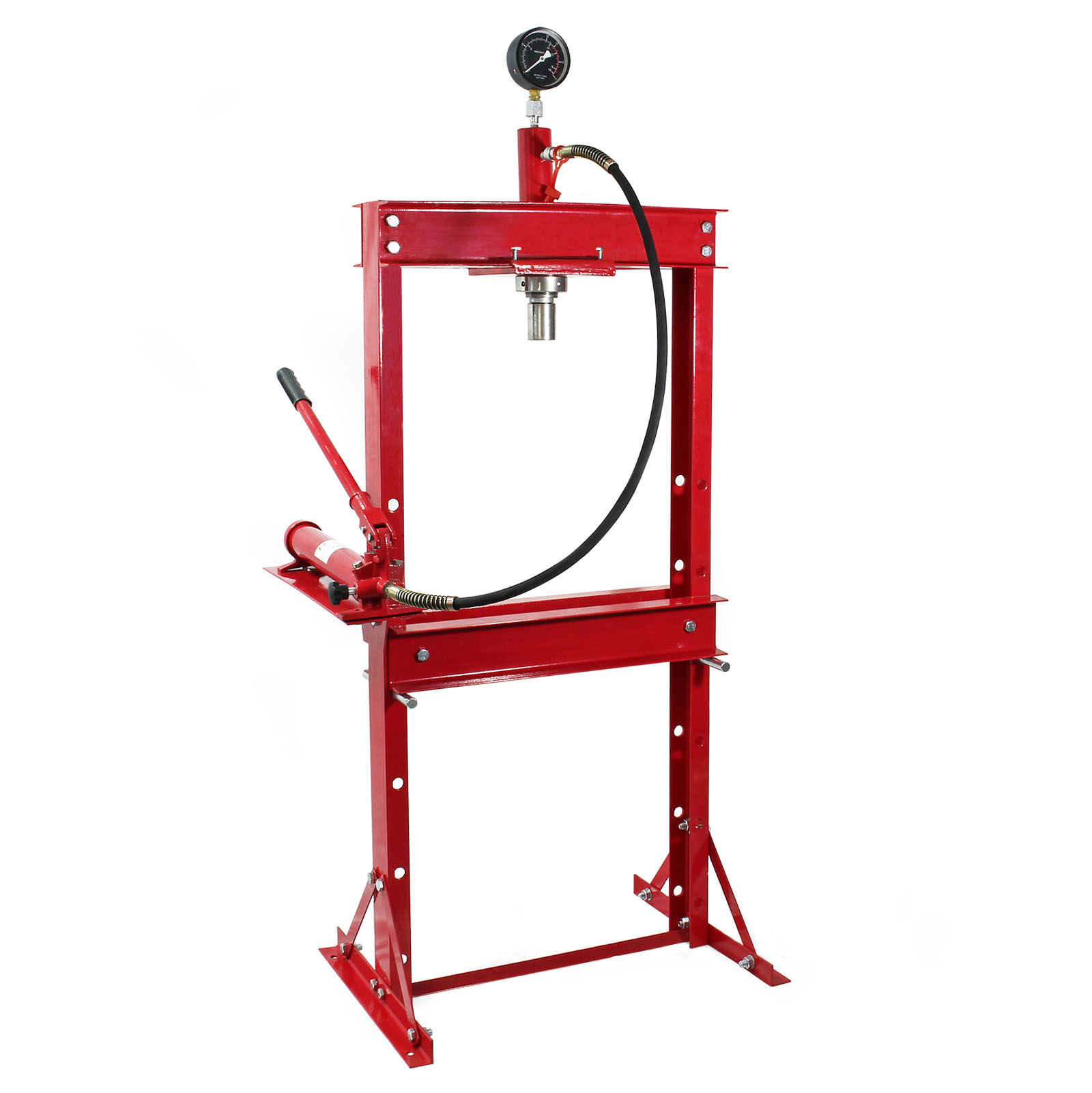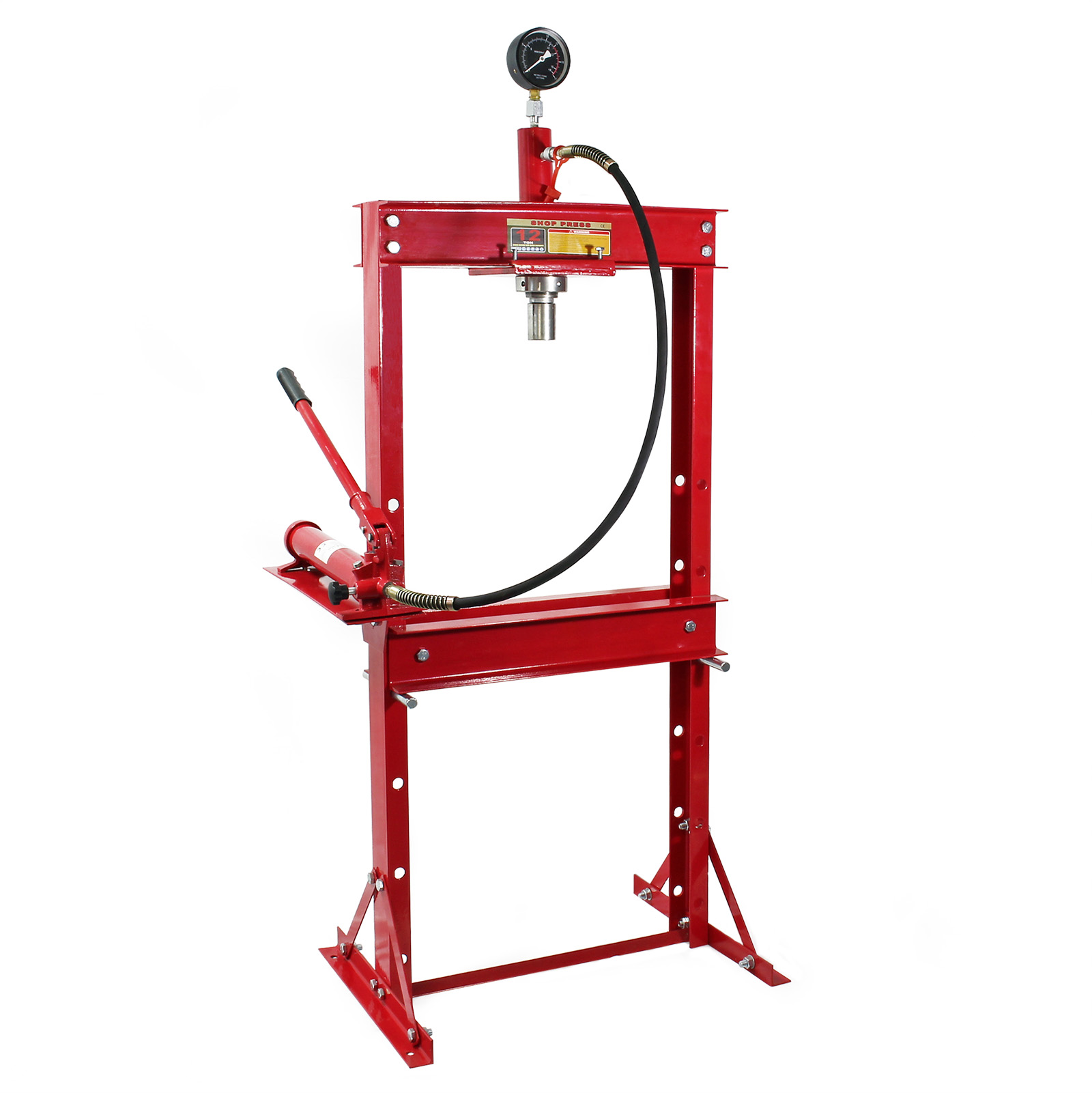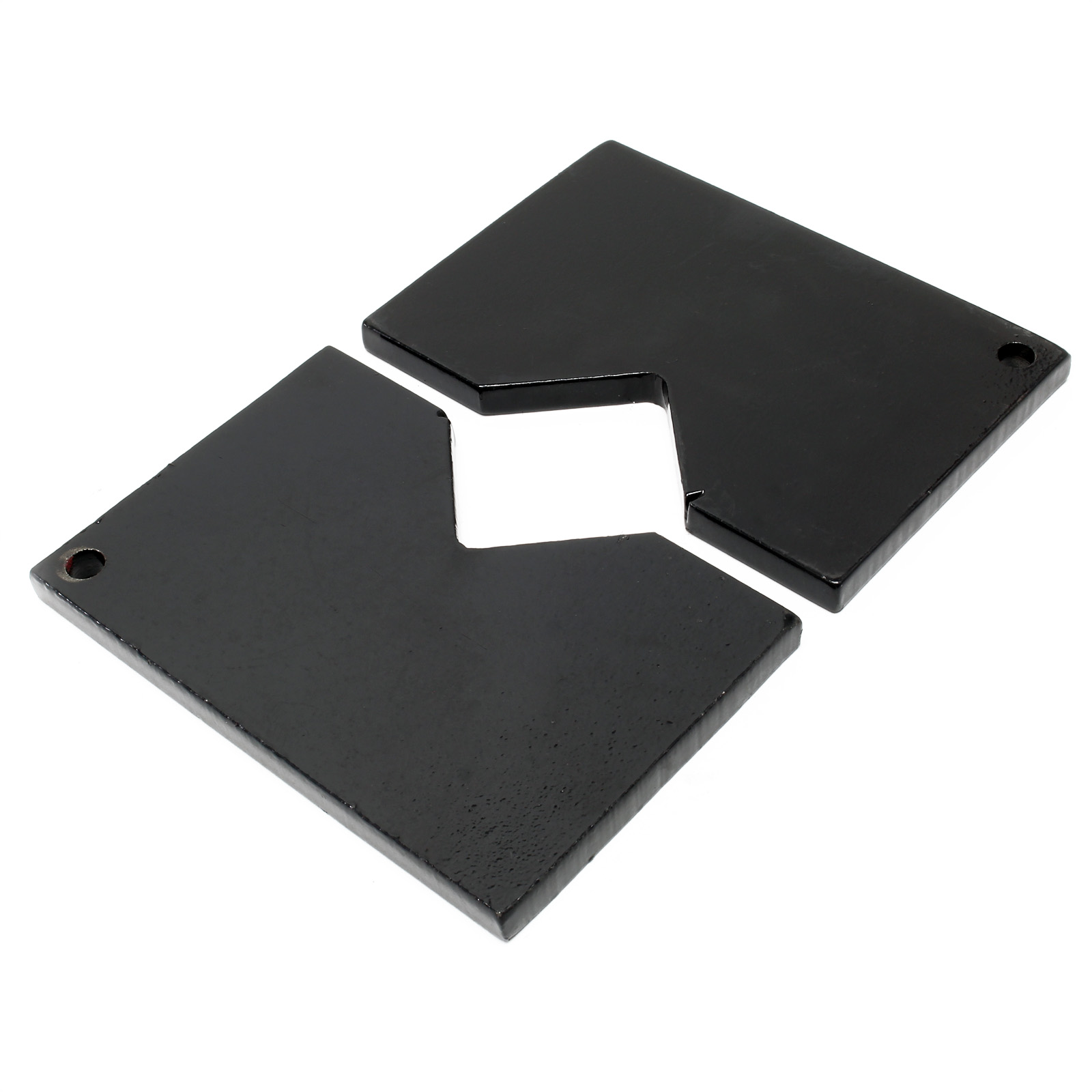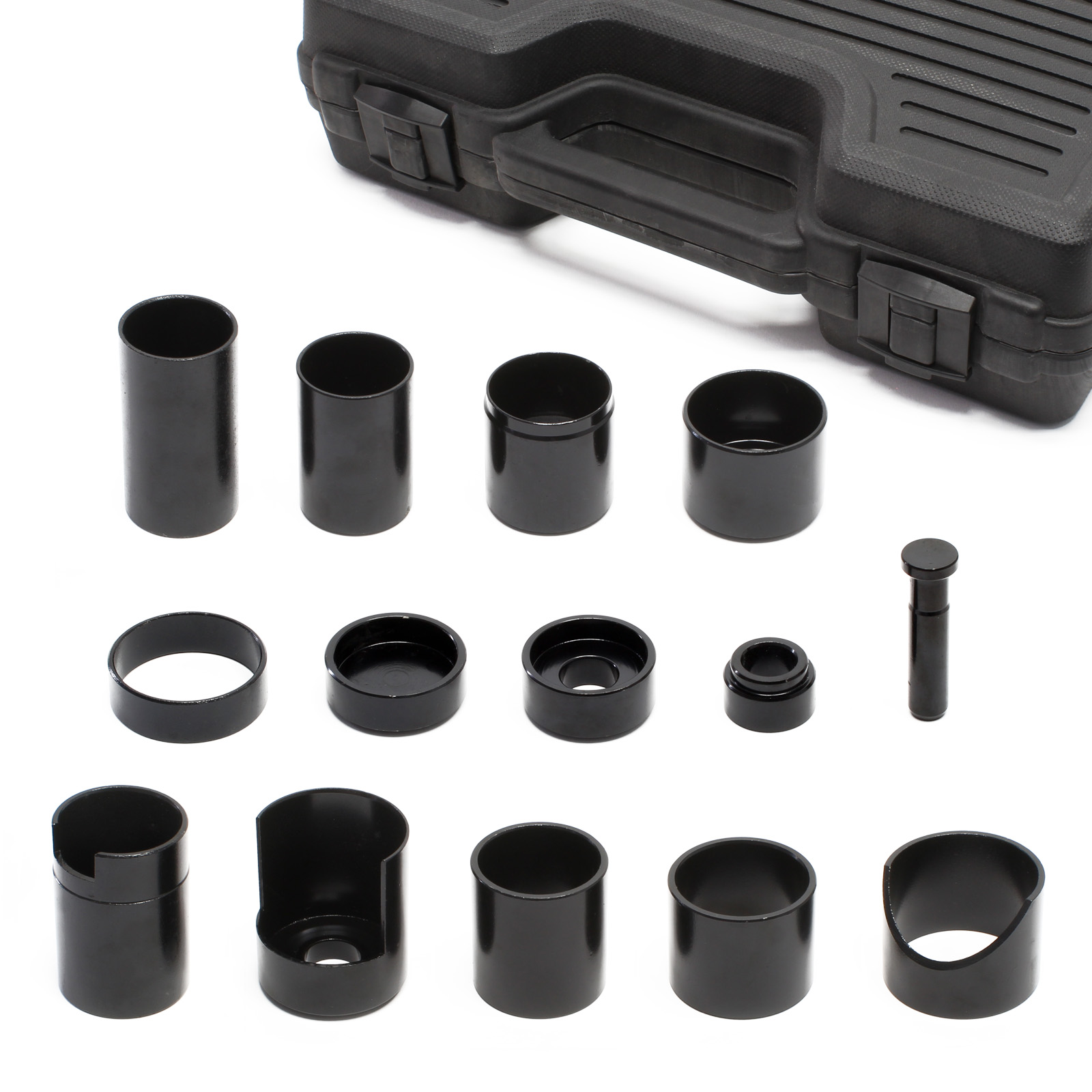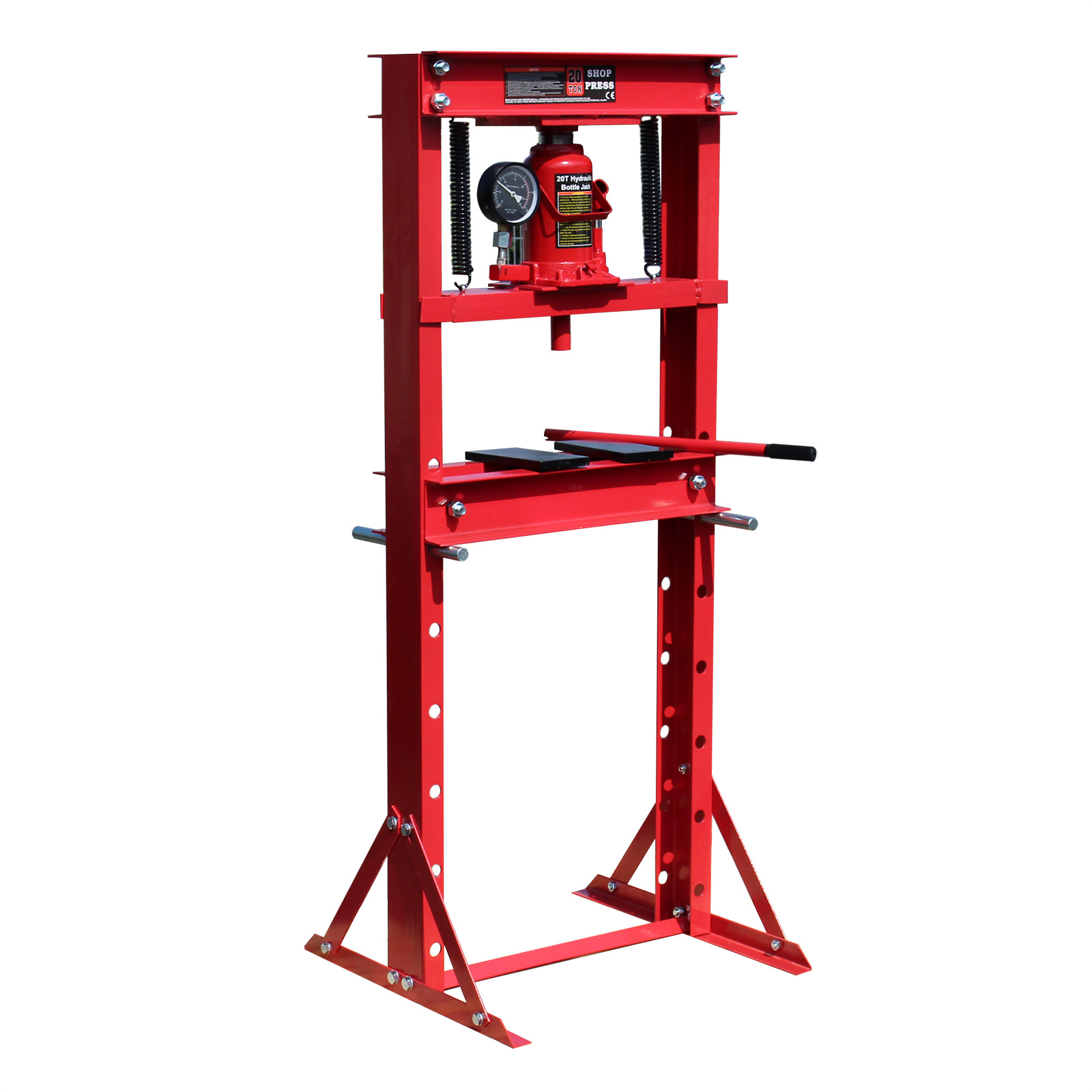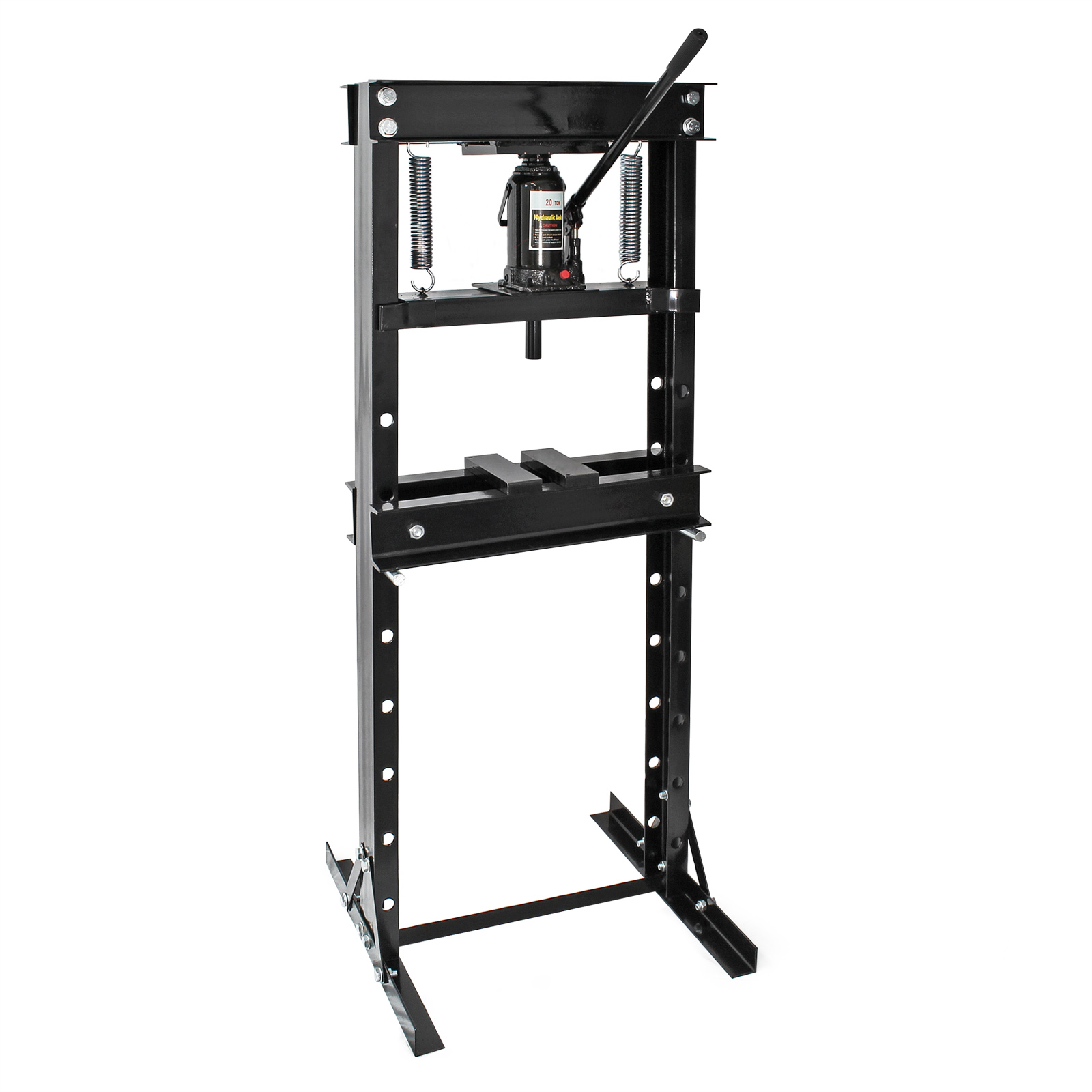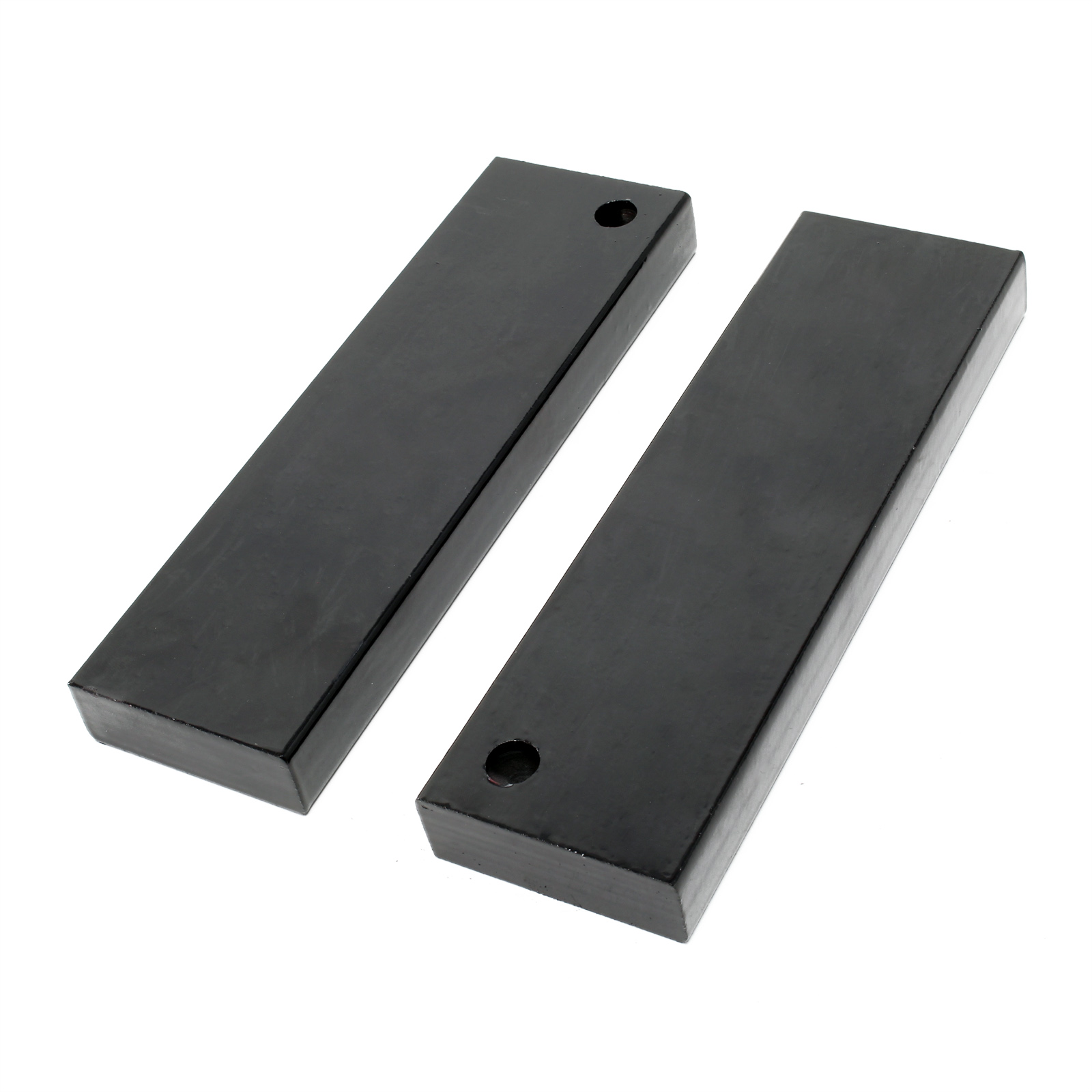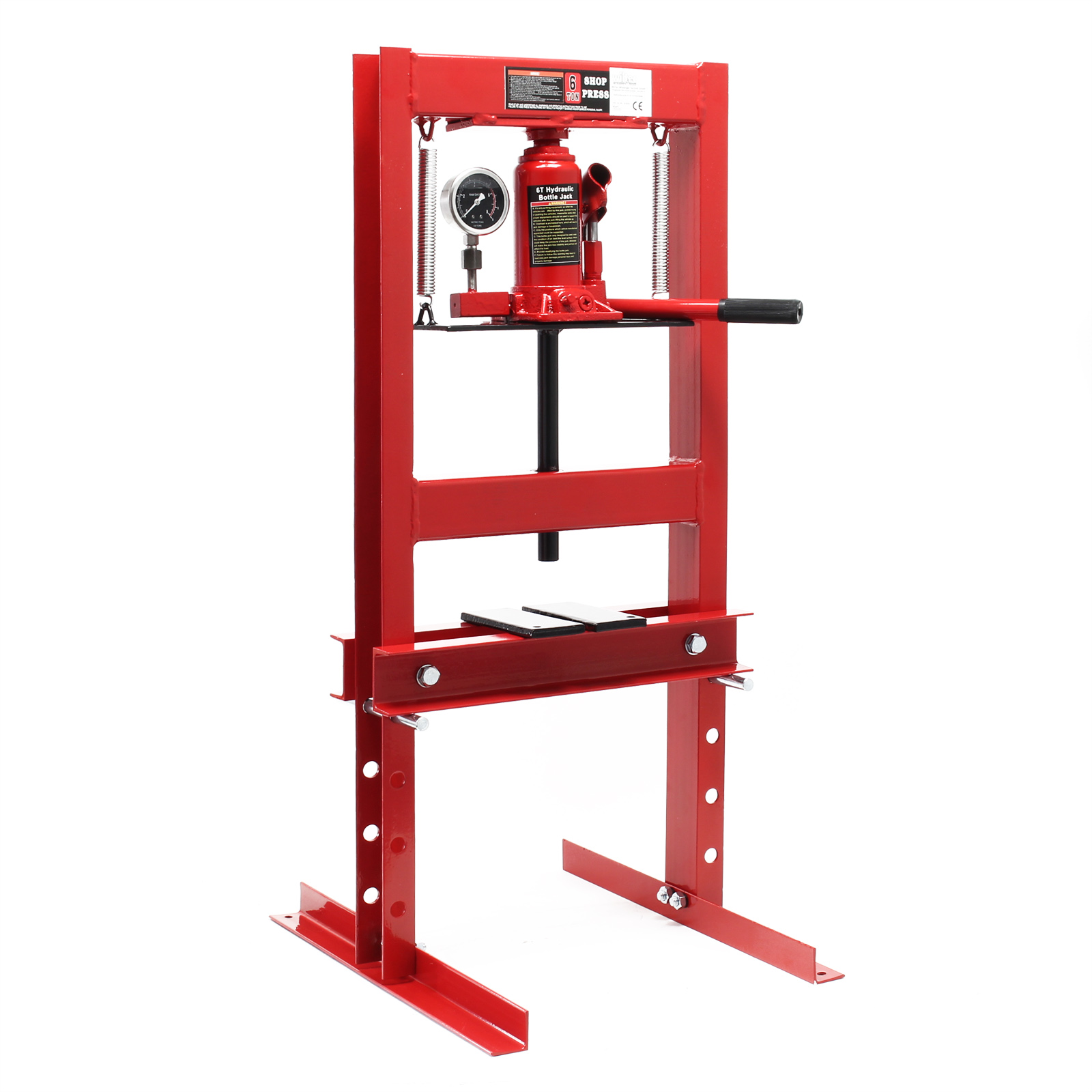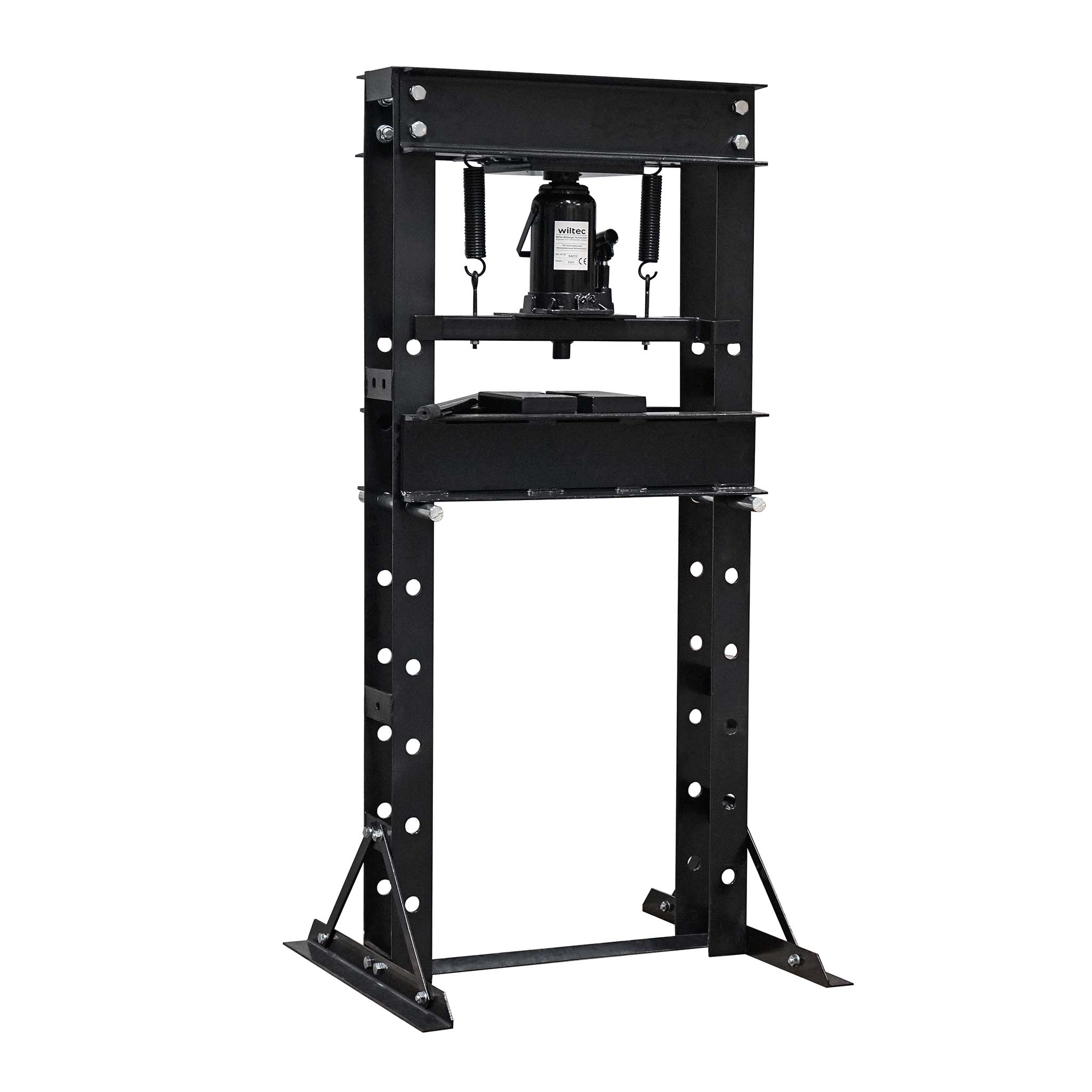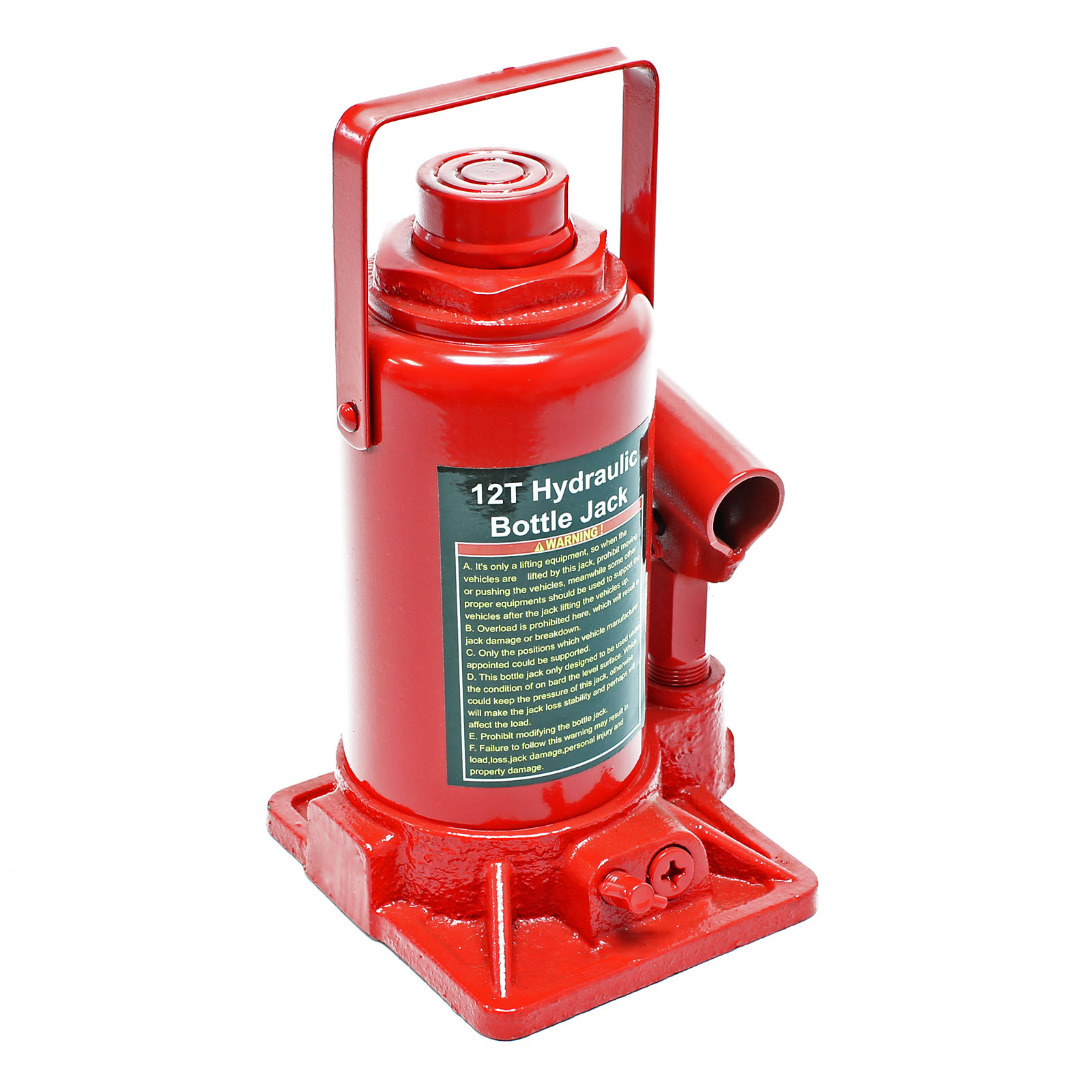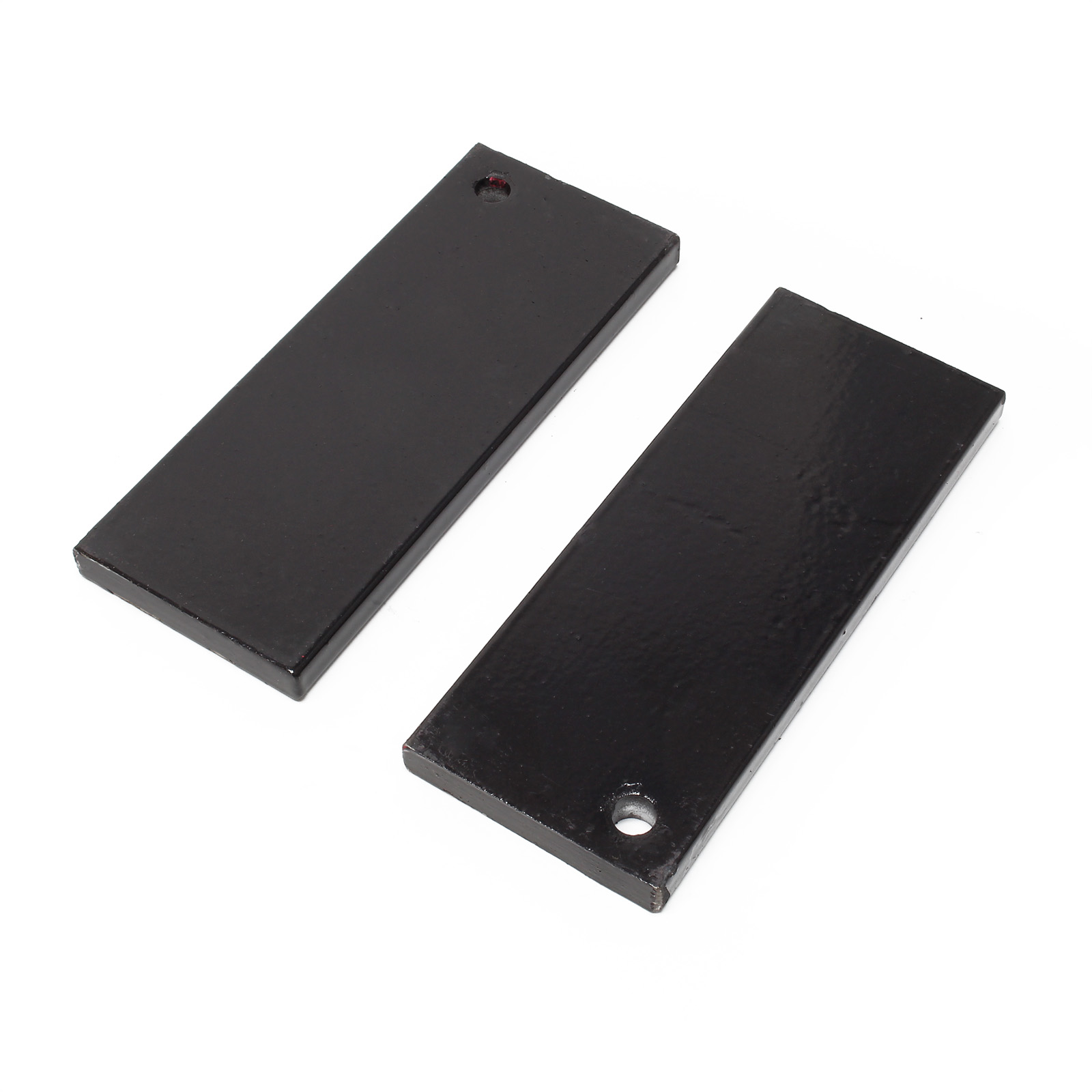Workshop presses
Available, delivery time: 2 - 3 days
• Working width: 20–245 mm
• Size: 94x34x15 cm
Available, delivery time: 2 - 3 days
• Lifting cylinder 136 mm
• Size: 133 x 51 x 56 cm
• Min. lifting height: 50 mm
• Max. lifting height: 680 mm
Available in 66 days, delivery time 2 - 3 days
• Working width: 90–1035 mm
• Min. lifting height: 145 mm
• Max. lifting height: 330 mm
Available in 32 days, delivery time 2 - 3 days
• Working width: 90–1035 mm
• Min. lifting height: 145 mm
• Max. lifting height: 330 mm
Available, delivery time: 2 - 3 days
• Size: 150 x 61 x 60 cm
• Working width: 425 mm
• Min. lifting height: 90 mm
• Max. lifting height: 780 mm
Available, delivery time: 2 - 3 days
• 2 piece supporting plate set
Available, delivery time: 2 - 3 days
• Sockets and bolt for workshop presses
• Made of high quality tool steel
• Case Dimensions: 47 x 31 x 9 cm
• Weight: approx. 6 kg
Available, delivery time: 2 - 3 days
• Min. lifting height: 90 mm
• Max. lifting height: 90 mm
• With pressure gauge to read the pressure value
• For bending, stamping, pressing and more
Available, delivery time: 2 - 3 days
• Size: 150 x 61 x 60 cm
• Working width: 425 mm
• Min. lifting height: 90 mm
• Max. lifting height: 780 mm
Available, delivery time: 2 - 3 days
• 2 piece supporting plate set
Available, delivery time: 2 - 3 days
• Working width 425 mm
• With pressure gauge to read the pressure value
• For bending, stamping, pressing and more
• For trade, industry and agriculture, among others
Available, delivery time: 2 - 3 days
• Working area: 50–110 mm
• Easy insertion/removal of gears
• Ideal for bushings, ball joints as well as U-joints
• Allows bending and straightening of metal
Available in 32 days, delivery time 2 - 3 days
• Working width 330 mm
• With pressure gauge to read the pressure value
• For bending, stamping, pressing and more
• For trade, industry and agriculture, among others
Available, delivery time: 2 - 3 days
• For bending, pressing, stamping, and squeezing
• Steel frame construction
• Fixable to the ground
• Height: 150 cm
Available, delivery time: 2 - 3 days
• Bending, pressing
• Stamping, squeezing
• Height: 150 cm
• Weight: 134.5 kg
Available, delivery time: 2 - 3 days
• Hydraulic cylinder
Available, delivery time: 2 - 3 days
• 2 piece supporting plate set


